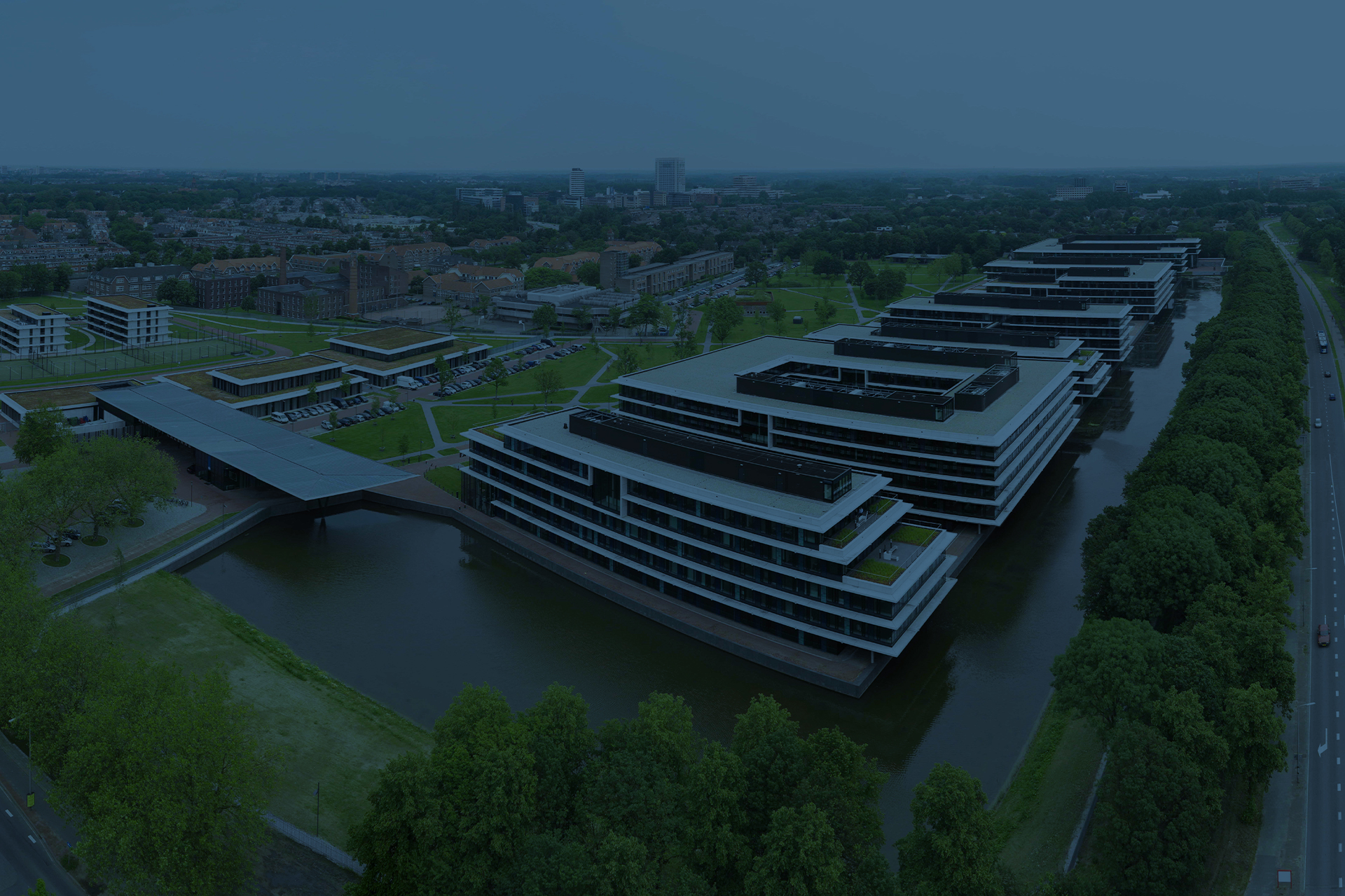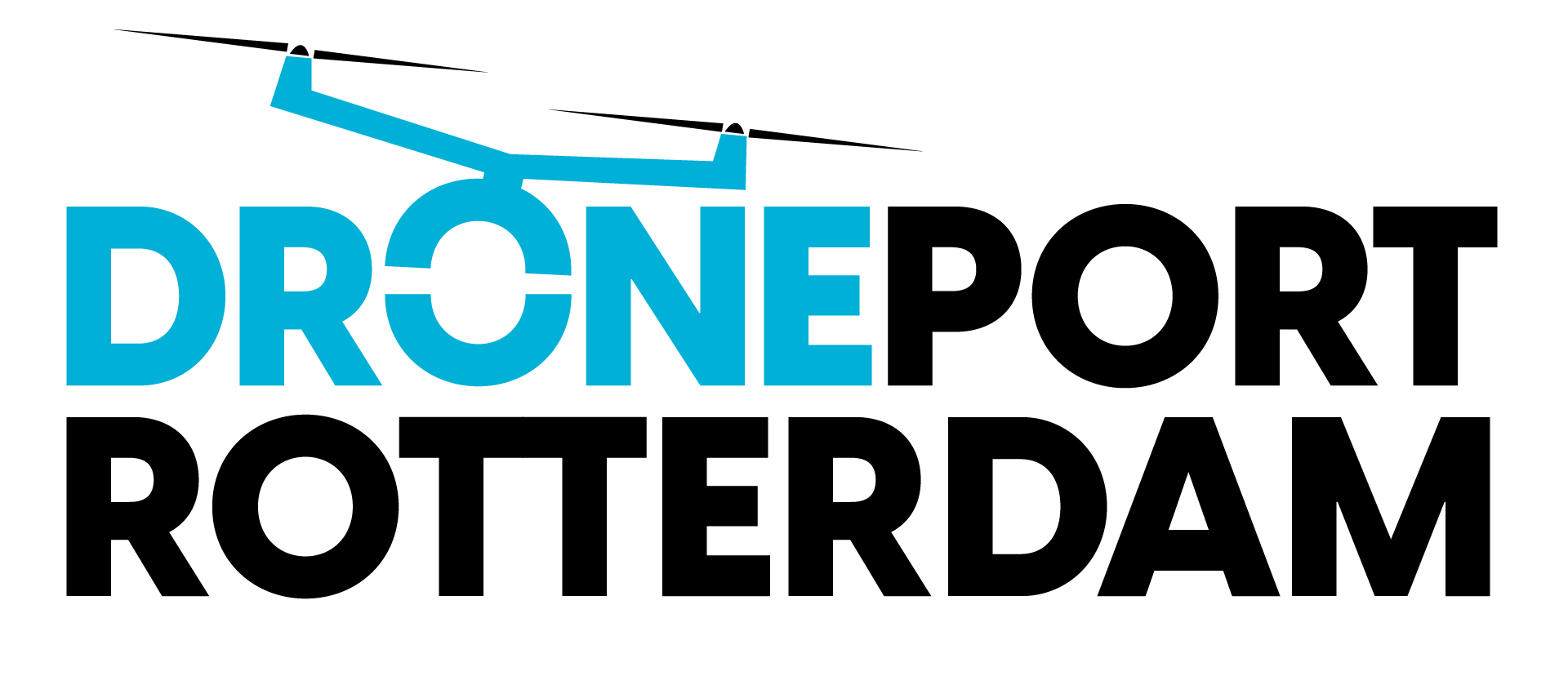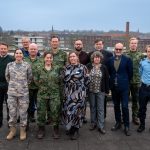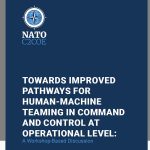Command & Control in the Digital Age: Accelerating NATO C2 Transformation to Deter in the Continuum of Competition
As NATO navigates an increasingly contested, interconnected, and digitized global environment, maintaining Decision Advantage is more critical than ever. Operating effectively across all domains – land, sea, air, space, and cyberspace – now depends on our ability to command, control, and connect in real time, across institutions and borders, with experts at the forefront of their fields.
The Alliance Concept for Cross-Domain Command provides the framework for the required adaptation to sustain Decision Advantage. Effective command of Multi-Domain Operations (MDO) depends on enhanced interoperability, standardisation and the urgent integration of change, across people, processes and technology. The conference will explore the following key themes aimed at accelerating NATO C2 Transformation today.
- People: How can we accelerate the cultural shift required of our current and future leaders, to command effectively in MDO? This includes fostering human interoperability, a cross-domain mindset, trust, innovation, creativity and technical proficiency.
- Processes: What lessons should we learn from current conflicts and operations for future HQs and C2 structures? How can we advance toward a secure, modular, and interoperable digital foundation that supports distributed and resilient dispersed decision-making?
- Technology: How do we make MDO consultation and collaboration a reality – creating innovation ecosystems where defense, industry, academia and government work together to keep us secure in the continuum of competition? How can we ensure secure data sharing across nations and actors? How can we accelerate the implementation of AI in decision-support? How can we build trust in our partners? These challenge-driven partnerships enable faster scaling, open experimentation, and improved operational and infrastructure resilience.
These themes will be brought to life in the continuum of competition through practical use cases on the protection of critical infrastructure in the Port of Rotterdam and the NATO mission Baltic Sentry, and by lessons learned in Ukraine on data sharing, analysis and decision-making.
The NATO C2COE Command and Control Conference 2025 (17 – 20 Nov 2025 – Rotterdam World Trade Centre) aims to facilitate active engagement and meaningful dialogue among participants. Attendees will have the opportunity to interact with senior military and civilian leaders from NATO and various nations. Through lively discussions, insights sharing, and shaping the future of international security, participants will play a key role in advancing collective knowledge. We are looking forward to seeing you in Rotterdam!
REGISTRATION IS CLOSED
Why you should attend!
Renowned experts from the academic, military, and business spheres will debate in themed panels the challenges and questions raised inside this trifold and how the Alliance and its partners might best evolve and leverage Command and Control capabilities to enhance and sustain NATO’s core tasks.
This is your opportunity to hear from senior military and civilian leaders from across NATO and the nations on these topics of extreme importance and to engage and contribute to a robust discussion to strengthen and enhance the Alliance.
Agenda and speakers
We are constantly updating our agenda. The latest information can be viewed via the following link: https://event.onliveevent.nl/c2conference2025
Location
The WTC Rotterdam will host our Annual C2 Conference 2025. As the vibrant center of the international business community in the Rotterdam region, it offers a dynamic environment with excellent facilities and a globally recognized WTC concept, making it an ideal venue for our event.
In a city that had to almost completely rebuild itself after being bombed during the Second World War, the old and new are seamlessly intertwined. You’ll notice this everywhere you go; in architecture, urban development, and industry. Rotterdam is a young and exciting metropolis where any forward-thinking professional will feel right at home. Rotterdam isn’t like any other city in the Netherlands. Architecturally, it stands on its own. You can find the canals, bridges, and old houses with beautiful facades like you might expect in our cities, but Rotterdam is way more than that! It has its unique charm.
More information about Rotterdam: https://www.welcome-to-nl.nl/about-nl/rotterdam
MORE INFORMATION
Let us know when you have additional questions or issues regarding the Command and Control Conference 2025
C2COE.Conference@mindef.nl










